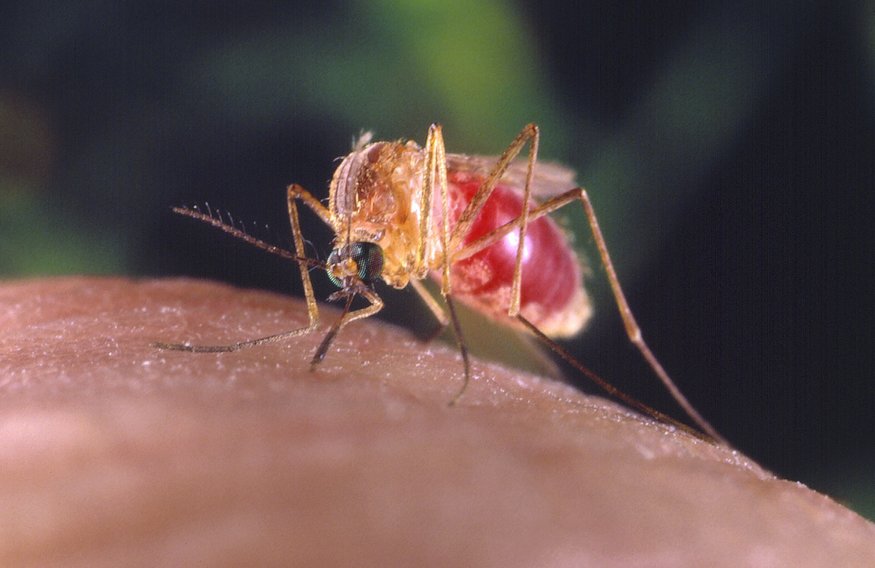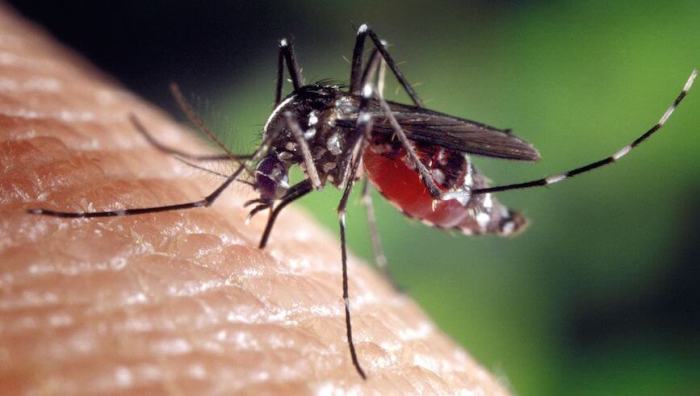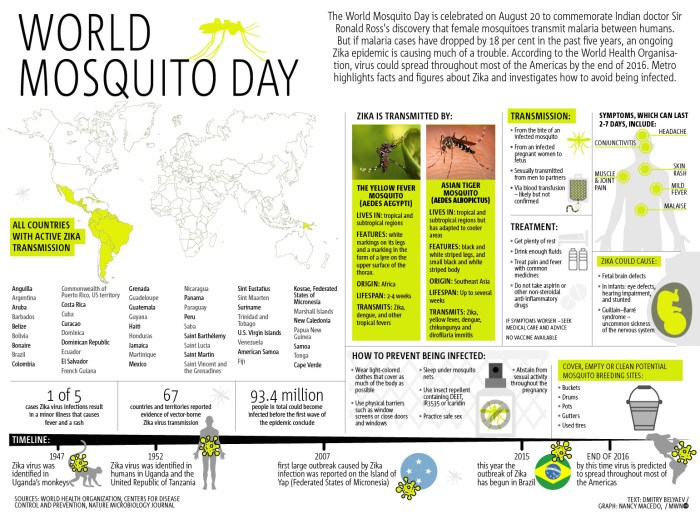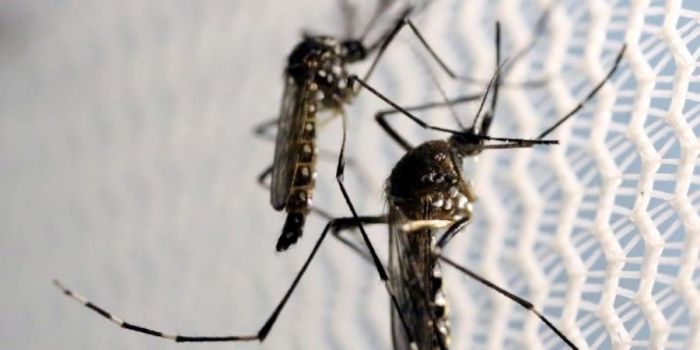Mosquito- and tick-borne illness season is coming — and it’s not going to be pretty.
A new report from the Centers for Disease Control paints a bleak picture of the fight against tick bites (and mosquito bites and flea bites) and the diseases they transmit. According to the CDC, the number of cases of mosquito-, flea- and tick-borne illness more than tripled between 2004 and 2016.
In 2004, the number of insect-borne illnesses reported to the CDC topped at 27,000 a year, rising to 96,000 by 2016.
Warmer weather is one of the factors to blame for the increase, according to the agency’s director of vector-borne diseases, Lyle Petersen. Increased temperatures allow ticks to expand into new areas — and extended spring and fall seasons also extend the tick season, putting people at risk for longer.
The warmer temperatures also help mosquitoes breed faster and carry more viral loads, which is why mosquito-borne diseases like the Zika Virus are the most prevalent in hotter climates.
“I can’t comment on why there’s increasing temperatures, that’s the job of meteorologists,” Petersen told reporters, according to Wired, avoiding talk of climate change as the reason for the increase. “What I can tell you is increasing temperatures have a number of effects on all these [insect]-borne diseases.”
Why mosquito and tick bites are dangerous
What we do know is that insect bites — especially tick bites and mosquito bites — can create serious health problems.
The CDC estimates that more than 300,000 people get Lyme disease every year, though only about 35,000 cases are reported. It comes from tick bites and Lyme disease symptoms like fever, headache and muscle aches start within a couple days of a bite from an infected tick.
Chronic Lyme disease — or persistent Lyme disease that doesn’t respond to antibiotic therapy — can result in long-term problems like fatigue, joint pain, arthritis, Bell’s palsy, numbness and heart issues.
Other mosquito- and tick-borne illnesses — like Zika, chikungunya and the West Nile virus — can cause everything from headache, joint pain and fatigue to birth defects.
How to protect against mosquito- and tick-borne illness
It doesn’t matter where you live; ticks and mosquitoes can find you anywhere.
According to the CDC, diseases from mosquito and tick bites happen in every U.S. state and territory.
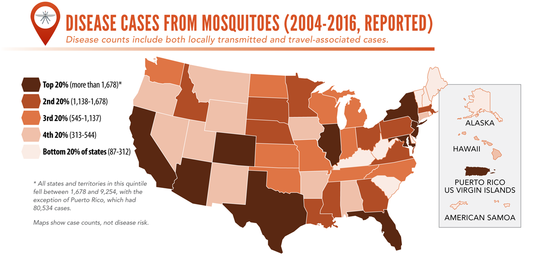
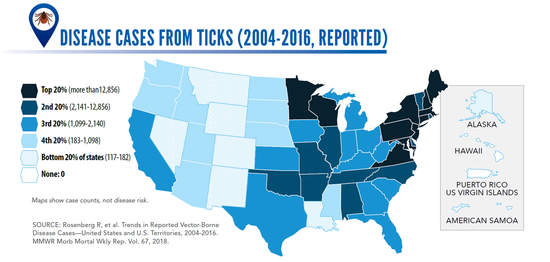
Don’t let that keep you indoors all summer, though: The CDC recommends using insect repellent whenever you’re outdoors. Dr. David Shih, Chief Medical Officer of CityMD, told Metro that repellents with permethrin (found in brands like Sawyer, Repel and Nix) are the best.
And always wear long pants and sleeves if you’re going to be in areas where ticks and mosquitoes like to congregate, like tall grass or wooded areas.

